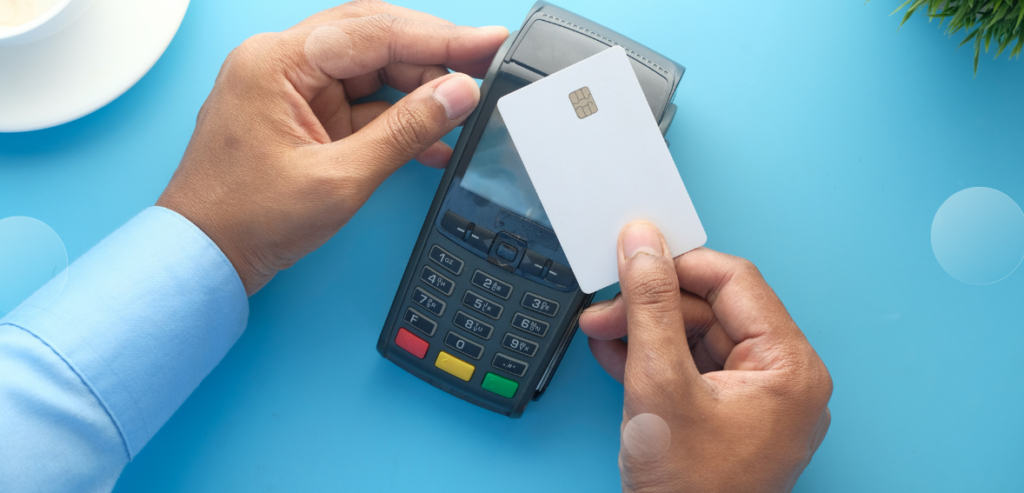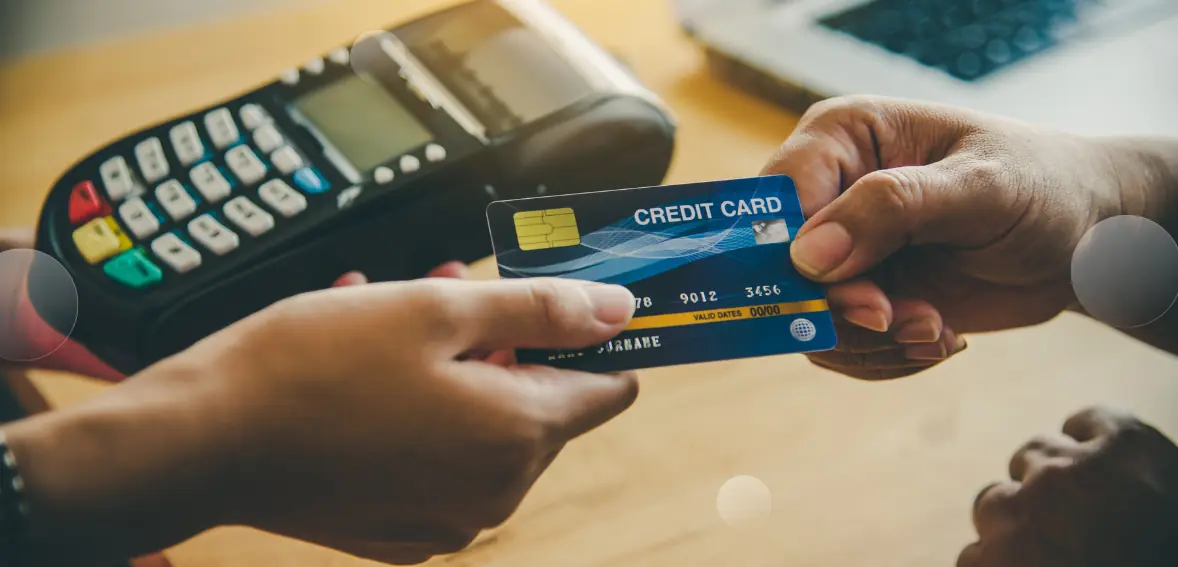Credit card processing entails the efforts needed to complete a credit card payment. The processing effort can work in person or online. You could also do it over the phone if you wish.
You can process credit cards at your business to bring in more money from customers. But you’ll also need to hire a processing company to help you bring in the money you desire. Most of the work happens behind the scenes, with some processes happening overnight, but everything that works here is critical to ensuring you’ll receive the money you need.
Who Is Involved In the Processing Effort?
Credit card processing involves collecting card data and forwarding the money a customer will spend to the business. There are multiple parties involved in the credit card processing effort:
- Consumer – The person who makes the purchase
- Merchant – The business selling the product or service for sale
- Gateway – A technical system that links the merchant to a processor; this system can include an online portal or a point-of-sale system that works inside a store
- Processor – A party that links the merchant with a credit card network and the cardholder’s bank; it may acquire the transactions the merchant brings in and forward them through the card network
- Card network—A network that sets the interchange fee and other terms for processing a card payment; Visa, MasterCard, and American Express are among the most prominent networks.
- Issuing bank – A bank that gives the customer a credit card
- Acquiring bank – The bank the merchant uses to collect money from credit card payments
Credit Card Processing – The General Steps

The processing system works in moments and can help determine if a transaction is approved or declined in seconds. Here’s how the credit card processing effort works:
- The cardholder provides one’s card to the merchant. The cardholder will enter one’s data into an online shopping cart program for deals. In-person transactions entail the cardholder providing the physical card at a point-of-sale terminal.
- The cardholder’s card details go to the acquiring bank. The data travels through a phone line or online connection.
- The acquiring bank will move the card details to a credit card network.
- The card network will request payment authorization through the issuing bank. The request will feature the card number, expiration date, security code, and other relevant information.
- The issuing bank receives the authorization request and confirms the data. It checks the billing address to ensure it matches what it has in its records. It also confirms that the customer has the funds necessary to complete the deal.
- The issuing bank will approve to decline the deal and send a response to the merchant. It can send these signals through the same processor or network the merchant used to facilitate the request.
- The issuing bank will hold the funds the merchant is owed. After each business day, the funds will be confirmed through a batch processing effort that validates the transactions.
The process requires a consistent connection to a card network and support for whatever card networks you wish to manage. You will need a merchant service provider to help you get a gateway ready where you can accept payments.
Clearing the Transaction

The batch processing work will help settle the credit card transaction and provide the merchant with the funds owed. Your business can use a few steps to clear its transactions, with your merchant service processor helping you go forward:
- A merchant will move its approved transactions to its acquiring bank or merchant service processor.
- The acquiring party will route the data to the credit card network.
- The network will forward all approved transactions to their respective issuing banks.
- The issuing bank will return the funds to the acquiring bank within 24 to 48 hours. The funds will come back minus an interchange fee charged by a card network.
- The acquiring bank or processor will also add merchant and interchange fees.
- The merchant’s bank account will receive its funds.
The process ensures you’ll get the required funds as soon as possible. You will feel confident knowing you are getting the money you need for whatever transactions you wish to manage.
Most settlement and funding efforts happen overnight, ensuring you’ll get your money quickly. While the authorization process can take a few seconds, the clearing work requires extra time to ensure the funds are suitable and will work.
Watch For Credit Card Processing Fees

You will pay money to accept credit card transactions, as the processing routine entails separate charges for access. You’ll first pay an interchange fee that a credit card network sets. The network imposes this fee to keep the network running and to support the banks that offer and support these cards. Some fees can be high, as these banks and networks need to keep their reward programs, anti-fraud, and theft protection systems under control.
You’ll also pay a merchant service provider to help you get your account ready. The extra merchant service charge covers the process of sending funds out. The charge may also cover access to POS equipment or a gateway that simplifies the transaction process.
The total you’ll spend on these fees will vary based on your industry, the credit card network you support, and the value of the transaction. You could spend at least 2 percent of each credit card transaction on these expenses. In short, you won’t see all the money from a credit card transaction, although the process is still convenient.
In summary, the credit card processing system ensures all transactions are more direct and can remain accurate and safe. When accepting credit card payments, be certain you know how you’re getting the funds you request and that there’s a good system in place for your business.

